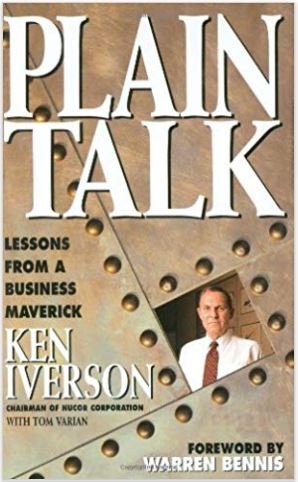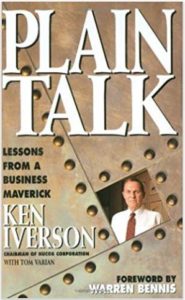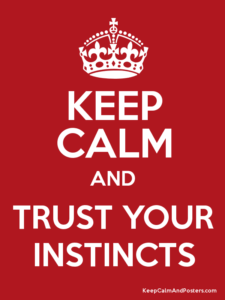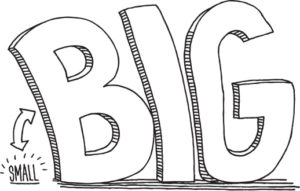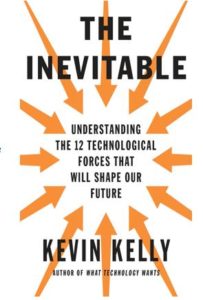There are nine principles of management that Ken Iverson holds himself to. These nine areas of focus helped him build a strong and long-term oriented company at Nucor:
1. Establish a higher cause
2. Empower your employees to trust their instincts
3. Destroy the hierarchy
4. Employees are the engine of progress
5. Give your people a stake in the business
6. Stay small
7. Take smart risk
8. Ethics > Politics
9. Cash performance = long-term survival
Establish a higher cause within your organization that employees and managers can rally around.
Give your employees a consistent set of tools that will empower them to trust their instincts and intuition.
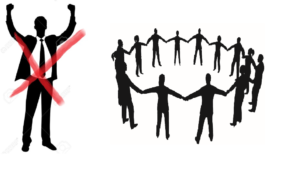
Destroy the hierarchy and focus on establishing an egalitarian business culture that can sustain employee motivation.
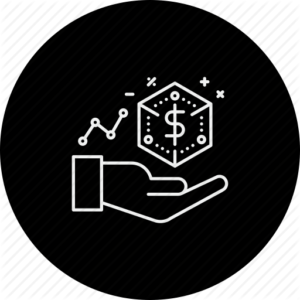
Dedicate your management career to creating an environment in which employees can stretch for higher levels of performance because they are the true engines of progress.

Give your employees a simple stake in the business. The more they produce, the more they should earn.
Small businesses allow for things to really get done. That’s the virtue of smallness.
Aversion to risk can be deadly in business. Managers who avoid risk and fear failure spend a lot of time cheating themselves, their people, and their companies from good risks and adventures.
Place ethics over politics… simple enough
What really matters in a business is bottom-line performance and long-term survival. Focus your efforts there.

